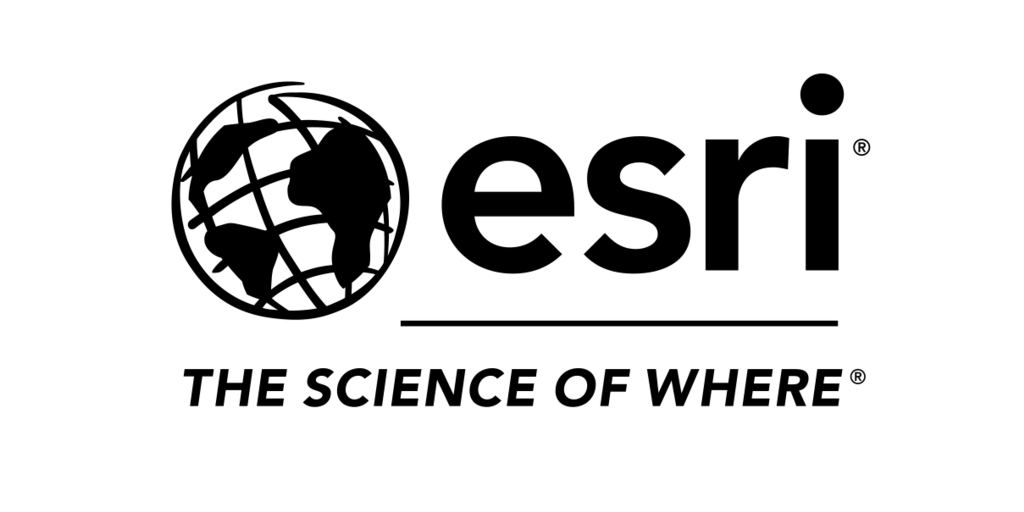Esri Technology Used By ALS Therapy Development Institute to Map Clinical Trials

ALS Trial Navigator Offers People Living with ALS an Easy Way to Search Eligible Research Studies
REDLANDS, Calif.–(BUSINESS WIRE)–The ALS Therapy Development Institute (ALS TDI), a nonprofit biotech dedicated to ending amyotrophic lateral sclerosis (ALS), has used mapping technology from Esri, the global leader in location intelligence, to develop the ALS Trial Navigator. The new tool is designed to simplify and streamline the process by which people with ALS and their caretakers learn about current ALS studies. With the ALS Trial Navigator users can now explore an interactive map to find locations where applicable clinical trials are taking place. They can also receive a customized map based on their preferences and status of their ALS.
“ALS Trial Navigator helps people living with ALS, those that might face it in the future, and researchers looking to enroll trials by educating the community and providing information about current studies all around the world,” said Dr. Nadia Sethi, ALS TDI’s director of community engagement, who oversaw the Navigator’s design and creation.
Once a person is diagnosed with ALS, an incurable neurological disease, time is of the essence to search for available and nearby clinical trials. That’s because most studies cut off eligibility at 24 months since the onset of symptoms—and it can take as much as half that time to get a diagnosis.
Pat Dolan, a former solutions team lead at Esri who has been living with ALS since 2016, introduced ALS TDI developers to the Esri mapping APIs that were used to develop the ALS Trial Navigator’s Trial Map feature. Dolan missed out on three promising trials after he and his family spent months working their way through the clinical trial process. By the time he was able to find another set of trials, they were no longer accepting participants, or he was no longer eligible. Dolan is confident that the ALS Trial Navigator could give someone else, newly diagnosed, a 12-month head start in enrolling in promising trials.
“The locations of clinics and trials are the first barrier to accessing care because patients are required to travel to the clinical trial site several times during it,” said Dolan. “What took us months to do, the Navigator can do in minutes.”
Dolan said what sets the ALS Trial Navigator apart from other trial locators is its core functionality: the ability to identify the most suitable trials for ALS patients based on their progression, genetics, and location, while also considering the trial requirements and enrollment status. “Finding the nearest trials doesn’t do any good unless the trial is designed for your specific condition, genetic profile, and progression,” said Dolan. “This is why many trials fail.”
Dolan added that trials need candidates that match the conditions the drug or therapies were designed for. This tool will help patients find the best trials for them and help find the best candidates for clinical trials. “The Navigator is going to change the landscape for ALS clinical trials,” continued Dolan.
The ALS Trial Navigator launched in February 2024. In addition to the interactive map, key features of the ALS Trial Navigator include the Trial Browser and the Guided Trial Finder. People living with ALS can search through a list of ongoing trials worldwide and filter by criteria like placebo ratio, genetics, and country. They can also access a personalized list based on eligibility and preferences after entering information about themselves, including when their symptoms started or how far they’re willing to travel. ALS researchers and advocates can also use the tool to learn more about the current clinical trial landscape.
“With the information in this tool, people can start thinking about the aspects of research studies that might matter most to them and generate a list of trials that might be a fit for them so that they can have an informed discussion with their clinicians,” continued Dr. Sethi.
To learn more about mapping and clinic resources for ALS, visit the ALS Geospatial Hub.
About Esri
Esri, the global market leader in geographic information system (GIS) software, location intelligence, and mapping, helps customers unlock the full potential of data to improve operational and business results. Founded in 1969 in Redlands, California, USA, Esri software is deployed in hundreds of thousands of organizations globally, including Fortune 500 companies, government agencies, nonprofit institutions, and universities. Esri has regional offices, international distributors, and partners providing local support in over 100 countries on six continents. With its pioneering commitment to geospatial technology and analytics, Esri engineers the most innovative solutions that leverage a geographic approach to solving some of the world’s most complex problems by placing them in the crucial context of location. Visit us at esri.com.
Copyright © 2024 Esri. All rights reserved. Esri, the Esri Globe and Frame logos, The Science of Where, esri.com, and @esri.com are trademarks, service marks, or registered marks of Esri in the United States, the European Community, or certain other jurisdictions. Other companies and products or services mentioned herein may be trademarks, service marks, or registered marks of their respective mark owners.
Contacts
Jo Ann Pruchniewski
Public Relations, Esri
Mobile: 301-693-2643
Email: [email protected]

